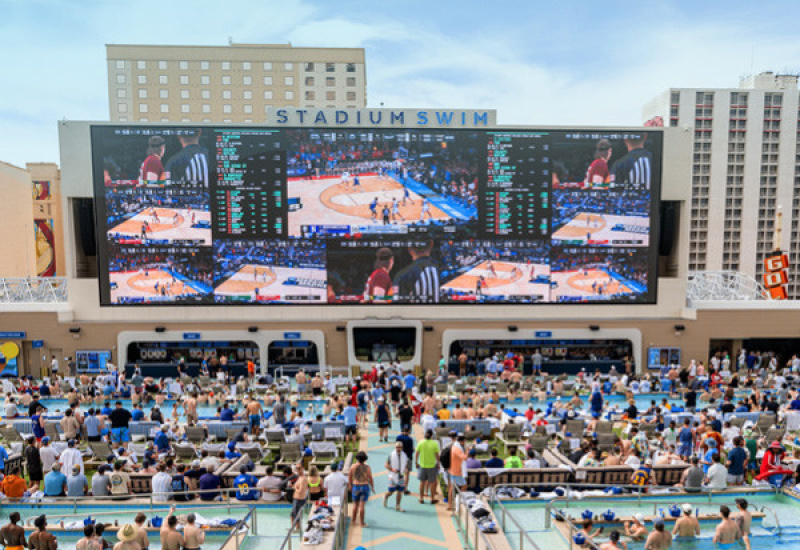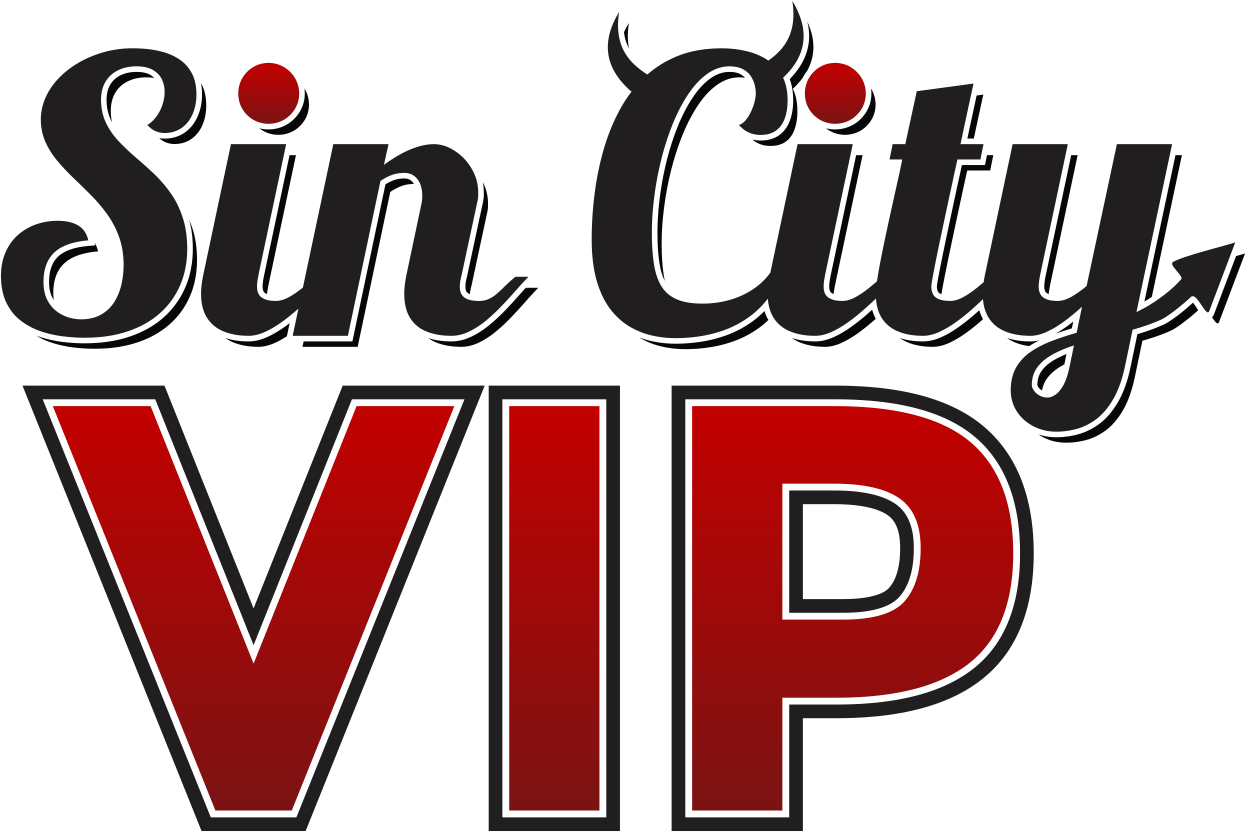CES has become the stuff of Las Vegas legend, and, every January, attendees flock from all over the country to see what is new and cool in the world of tech. Every year, companies like Samsung, Honda, and HP unveil a new show-stopper. Lately, though, it is the startups that are getting everyone’s attention.
Since 2012, CES has showcased more than 1,100 early and mid-stage startups. They have even dedicated the show floor of Eureka Park to startups, and, beyond Eureka Park, attendees can also find developments from some the United States’ top educational institutes in the University Innovations Marketplace. Some of the startups at CES that got top marks for innovation included:
Amber Agriculture enGadget named Amber Agriculture the top startup at CES 2017. Amber Agriculture is helping agriculture move towards smart farms, just in the way that we have adopted smart home features into our homes. Amber Agriculture uses sensors to enable farmers to check the quality of their stored goods, cutting down on attrition by ensuring that they get food to their vendors at the right time.
Cosmo Connected Cosmo Connected aims to make motorcyclists safer on the road. It is a detachable smart helmet accessory that hopes to save lives through a rear warning light, the ability to send GPS location to emergency services, and a rear brake light.
Nonda Nonda is a company that helps turn any car into a connected car. Some features launched at CES include: a tire sensor, a key finder, and a super-duty cable that it touts “the most durable charging cable”.
Some other startups-to-watch included: laundry folding machine FoldiMate, FitBit style health monitoring system for kids called Kiddo, by GoodParents, and a mobile weather station that updates weather with real-time data and a proprietary algorithm to make more accurate weather forecasts.
Could next year’s top startups at CES come from next door? It’s entirely possible. Over the last five years, Las Vegas has become an increasingly popular spot for startups to call home, and the startup scene is constantly evolving. Although it is not a startup capital in the way that San Francisco and Austin are, it is on its way to establishing itself as a real contender among the secondary startup cities.
Why is it that Las Vegas is good for startups? There is the obvious: generous tax policies extended by the State of Nevada. These include: no business or personal income tax, no franchise tax, and more. Many publications, ranging from Forbes to Inc. cite the low cost of living as one of the attractive features of Vegas for startups. When a startup is bootstrapped, the low cost of living and relatively low cost of doing business can be an incredible help when it comes to making that five-year anniversary that is the tipping point for so many young businesses.
Beyond the financial incentives, the startup community in Downtown Las Vegas fosters innovation and growth. Zappos CEO Tony Hsieh invested $350 million into the Downtown Project, to create a thriving atmosphere for startups and small businesses. Among other successes is Container Park, designed to be an incubator for small businesses, that has become a tourist and dining hotspot, since people can dine, drink, and shop in microbusinesses run out of shipping containers. According to Forbes, the Downtown Project’s portfolio includes: 58 acres of land, 100 properties, 215,000 square feet of retail space and 130,000 square feet of office space, 1,000 apartments, $200 million in acquisitions. Startup accelerators, pitch competitions, and startup competitions are starting to become as frequent in Vegas as in Austin, and coworking spaces are bringing entrepreneurs and small businesses together to work in an environment in which ideas are traded and everyone is able to help each other. Through all these efforts, Las Vegas is forming a startup scene that will make our city great, far beyond the Strip, allowing us to graduate from the gossip pages to Fast Company, Inc., Entrepreneur, and Fortune.

